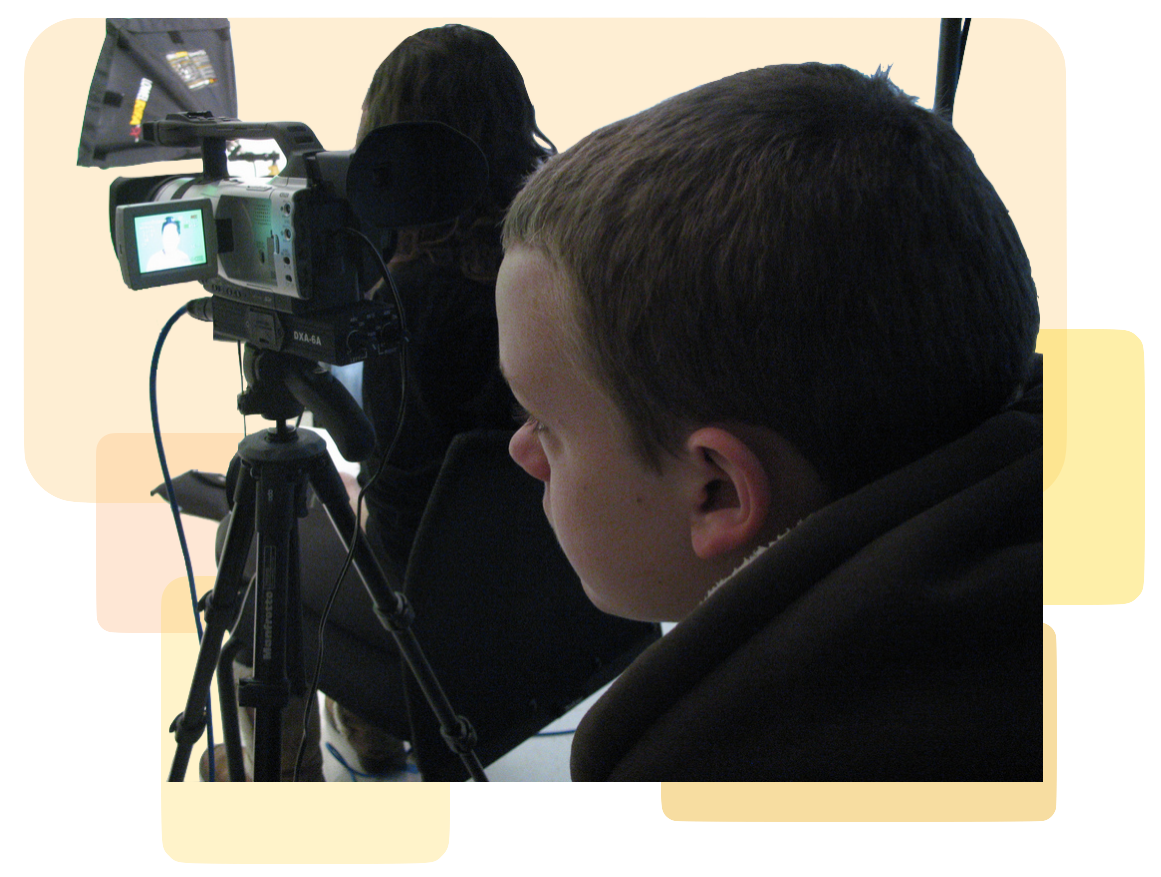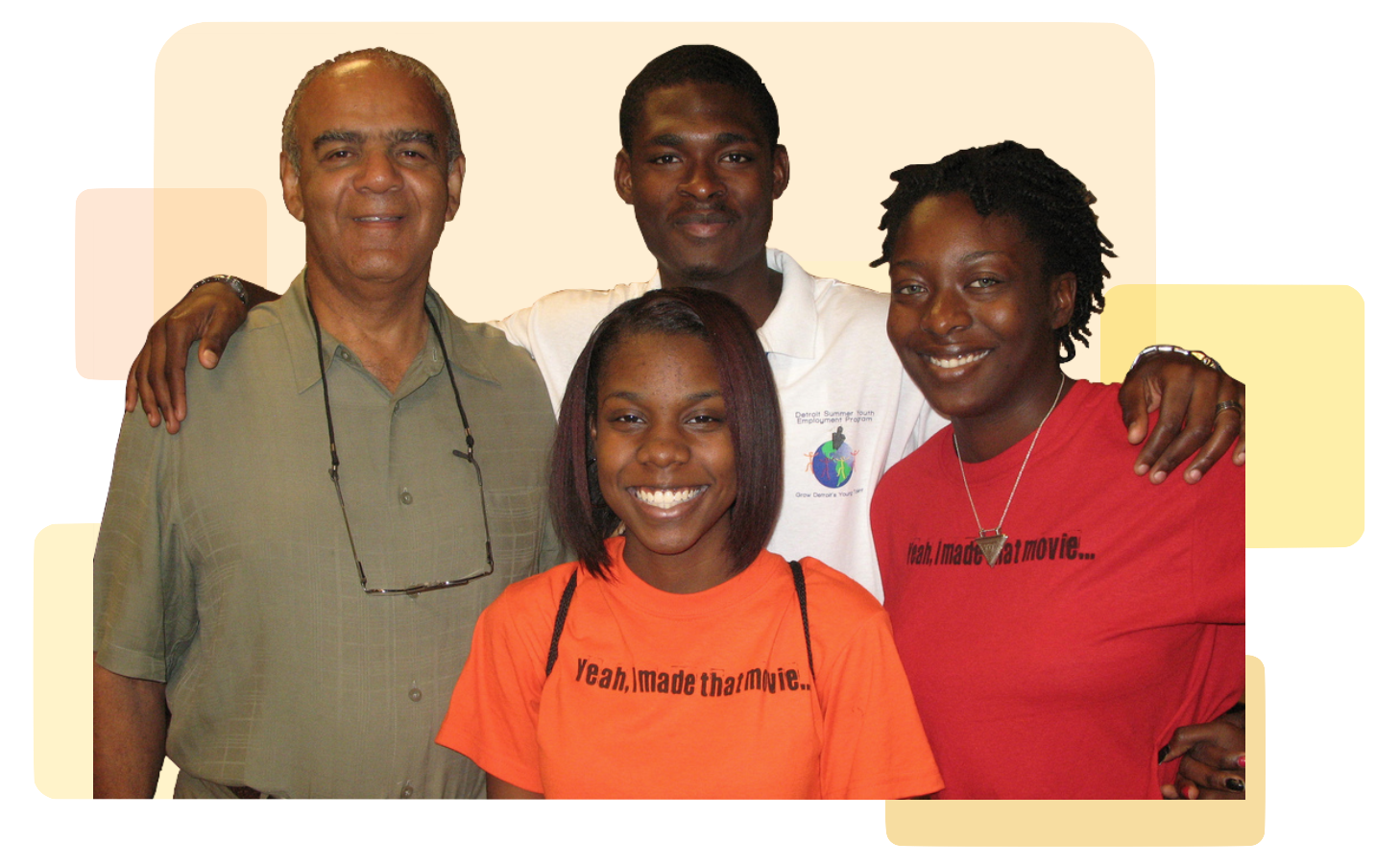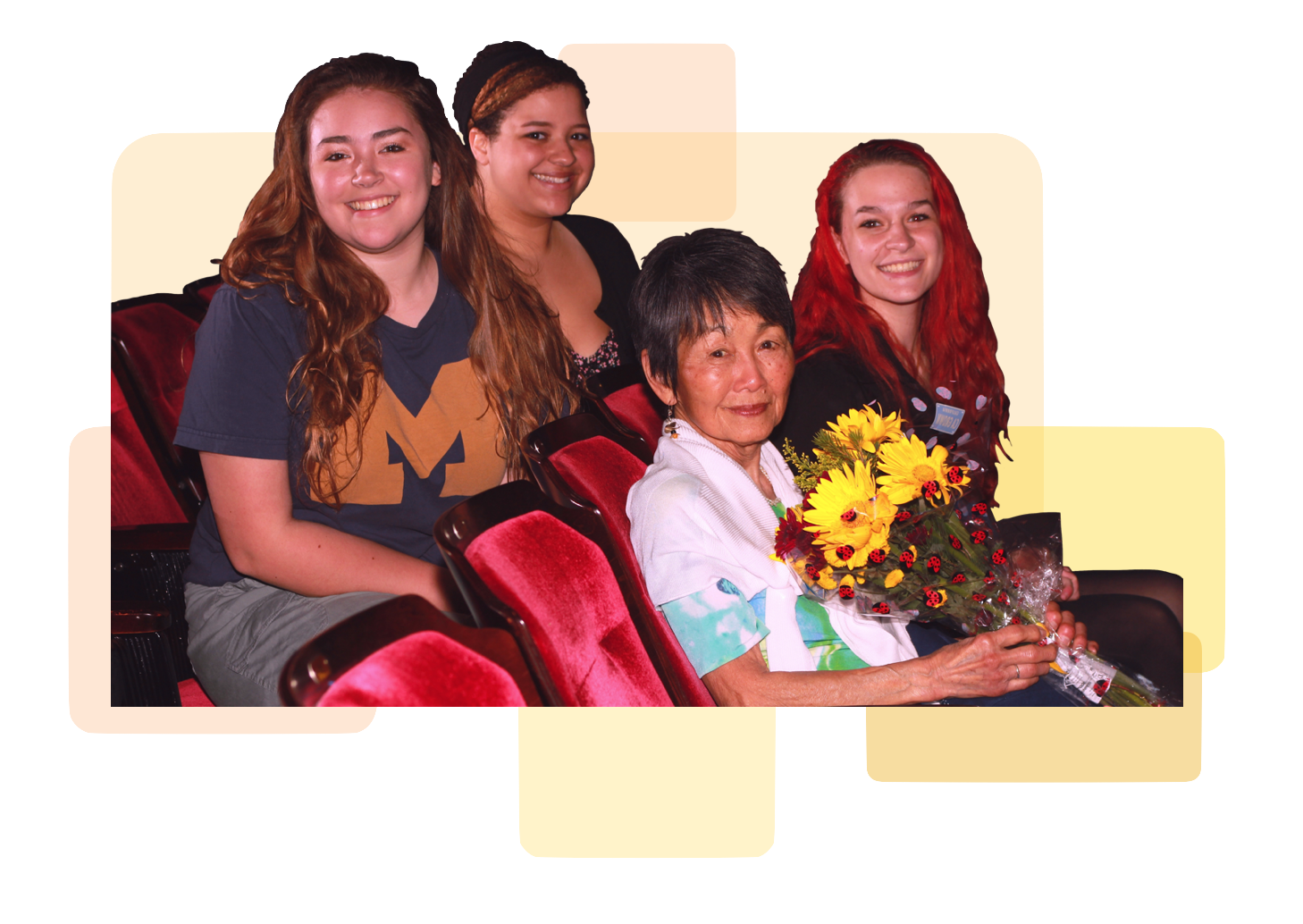Young people who’ve gone through the Legacies Project invariably enjoy the experience and learn a lot in the process. The stories they hear from their narrators can be funny, tragic, sad, joyful, inspirational, and even life-changing. And the relationships that form during the interview process often continue on long after the project is over.





